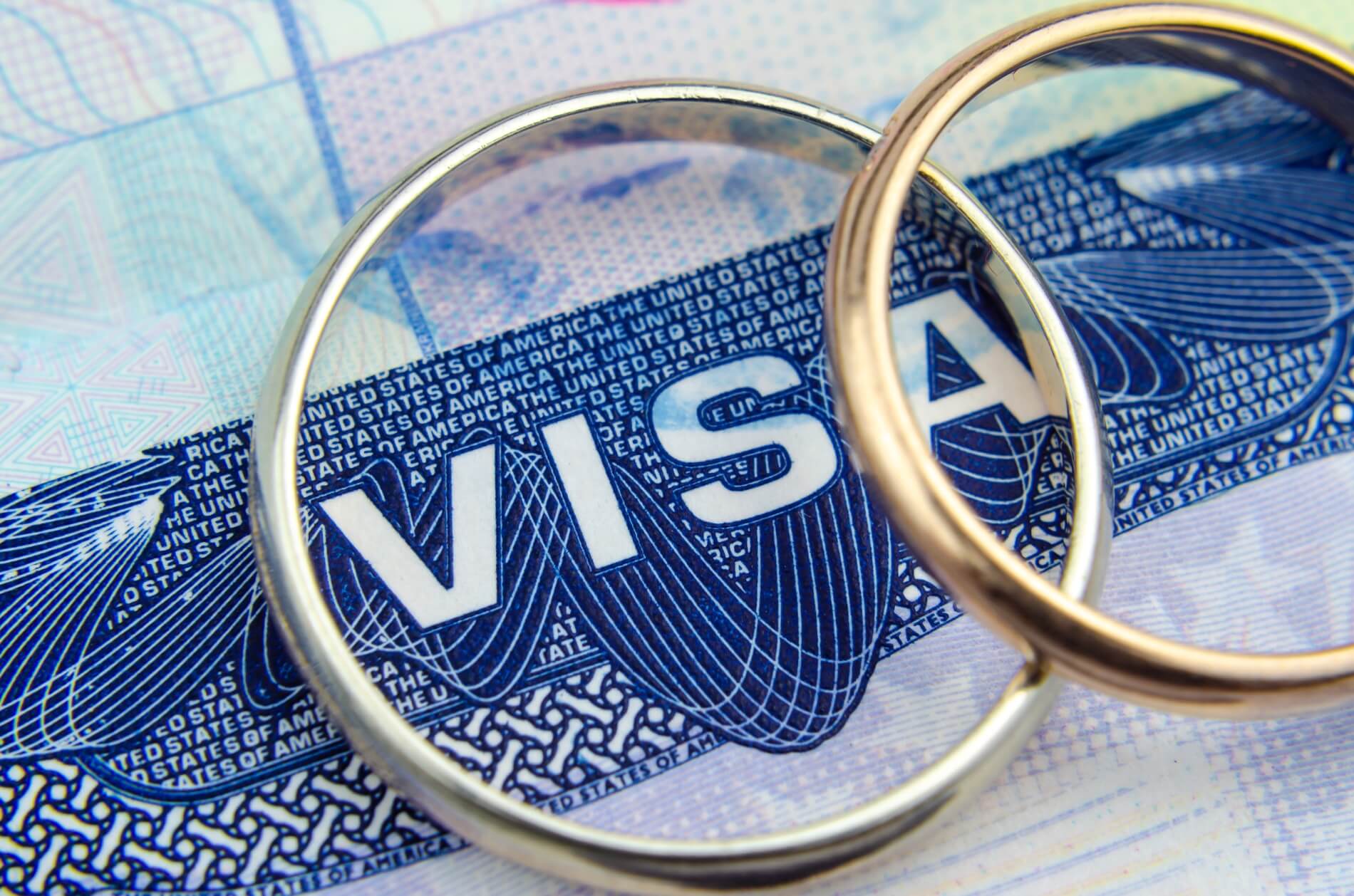Reasons Your K-1 Visa Was Denied
Was Your K-1 Visa Denied? This May Be Why
Receiving a K-1 fiancé(e) visa denial can feel devastating, especially when you’re eager to begin your life together in the United States. The good news is that a denial isn’t the end of your journey – it’s simply a detour.
According to U.S. Department of State statistics, around 60% of K-1 visa refusals are reversed when objections are overcome or waivers are obtained. This means most couples do eventually succeed, though it may require a different approach than initially planned.
While there is no formal appeal process specifically for K-1 visas (which are technically non-immigrant visas), you do have several practical options to pursue after a denial. These range from filing motions with USCIS to reapplying with stronger evidence or even marrying abroad and pursuing a spousal visa instead.
Understanding why your K-1 visa was denied is the crucial first step to determining your best path forward. Was it due to insufficient relationship evidence? Problems with financial support? Or perhaps issues with forms or documentation? The specific reason will guide your next steps.
At Alvelo Immigration Legal Solutions, PLLC, we’ve helped many couples successfully steer the post-denial landscape and reunite in the United States through strategic, personalized approaches.
Rejection vs. Denial: Why K-1 Fiancé(e) Visas Go Wrong
Let’s clear up some confusion right away—a “rejection” and a “denial” might sound like the same heartbreaking outcome. However, in immigration terms, they’re quite different roadblocks on your journey together.
Did you know that over 4,000 K-1 visa applications (more than 15%) were rejected in 2021 alone? That might make your stomach sink, but here’s the good news: understanding why these applications hit snags can help you steer around them—or get back on track if you’ve already encountered a problem.
1. Administrative “Rejection” at USCIS
Think of a rejection as your petition being returned to sender before anyone even gets to evaluate your love story. It’s like having your mail sent back because you forgot to add a stamp.
The most common reasons your paperwork might boomerang back to you include missing signatures (yes, even that one tiny signature box matters), sending an incorrect filing fee (those numbers change regularly), leaving required fields blank on your Form I-129F, or not including enough evidence that you’ve met in person within the past two years.
The silver lining? Rejections are relatively easy to fix. USCIS will typically return your entire package with a note explaining what went wrong, allowing you to correct the issue and try again.
2. Request for Evidence (RFE) & Notice of Intent to Deny (NOID)
Sometimes your petition makes it past the initial screening but raises some eyebrows during processing. In these cases, you might receive either:
- An RFE (Request for Evidence) is like USCIS saying, “We’re interested, but we need more proof.” You’ll typically have 87 days to gather and submit whatever additional documentation they’re requesting.
- A NOID (Notice of Intent to Deny) is more serious. It’s the USCIS signaling they’re about to reject your petition unless you can address specific concerns. The clock starts ticking, and you usually have just 30 days to respond.
Responding thoroughly and promptly is crucial. At Alvelo Immigration Legal Solutions, PLLC, we help couples craft comprehensive responses that directly address USCIS concerns, often turning potential denials into approvals.
3. Final “Denial” at Consulate
A denial typically happens much later in the process, after USCIS has already approved your initial petition. This occurs during the consular interview, where a consular officer makes the final call on whether to issue the visa.
These denials can be trickier to overcome because consular decisions generally aren’t reviewable by courts. The most common reasons include:
- Your consular officer isn’t convinced your relationship is genuine; perhaps you couldn’t provide enough details about each other’s lives, or your communication history seemed sparse. Interview contradictions between what you stated in your petition and what your fiancé(e) says during their interview can raise red flags too.
- A Section 212(a)(6)(C)(i) fraud or misrepresentation finding is particularly serious and occurs when the officer believes your fiancé(e) has been dishonest to obtain a visa.
- While not officially grounds for denial, large age gaps or significant cultural differences often trigger additional scrutiny. Similarly, prior B-2 (tourist) visa misuse, like previous visits where your fiancé(e) may have had undisclosed plans to immigrate, can complicate your case.
4. Temporary “Refusal” Under 221(g)
A 221(g) refusal falls into a gray area—it’s not quite a rejection, not quite a denial. Think of it as a “maybe” or a “not yet” rather than a “no.”
This temporary hold gives you one year to submit additional requested documentation, and your case remains open during this time. Common reasons include missing paperwork, the need for additional background checks (often called administrative processing), or issues with your medical examination.
5. Failure to Meet Income Requirements
Financial concerns are common—the U.S. sponsor must meet specific income requirements (at least 100% of the Federal Poverty Guidelines) to financially support their fiancé(e). If you met through an international marriage broker and failed to disclose this, or if the U.S. citizen has certain undisclosed criminal convictions, you might run into IMBRA (International Marriage Broker Regulation Act) violations.
6. Medical and Criminal Grounds for Inadmissibility
Certain health conditions or criminal records can make an applicant medically or criminally inadmissible. The fundamental requirement of having met in person at least once within two years before filing (with limited exceptions) trips up many couples, as do previous immigration violations like overstays or misrepresentations.
Contact Alvelo Immigration Legal Solutions, PLLC, For Help With Your K-1 Visas
At Alvelo Immigration Legal Solutions, PLLC, we believe that immigration is deeply personal. Behind every case number is a love story, and behind every denial is a couple eager to start their life together. That’s why we take the time to understand your specific circumstances and develop a personalized strategy that addresses the exact reasons for your denial.
Our attorney-led approach means you’ll work directly with Wanda Alvelo, who brings both legal skill and genuine compassion to your case. We’ll help you gather compelling evidence, prepare thorough documentation, and represent your interests throughout the entire process.
Don’t let a K-1 visa denial discourage you from pursuing your future together. With the right guidance, persistence, and strategic approach, this is simply a detour, not the end of your journey.
Ready to take the next step? Contact us today for a consultation where we’ll review your specific situation and outline a clear path forward.
 Payment through LawPay
Payment through LawPay 

